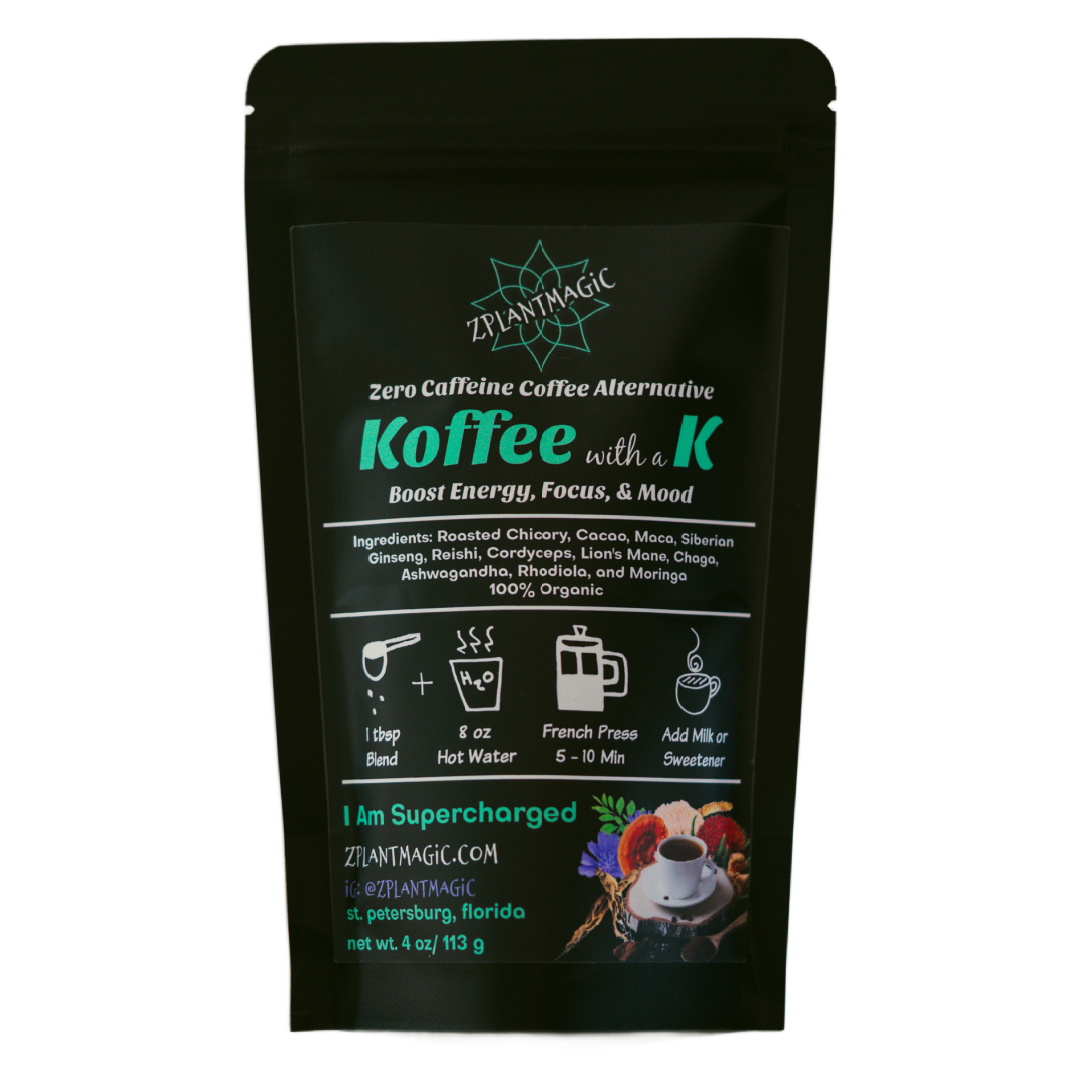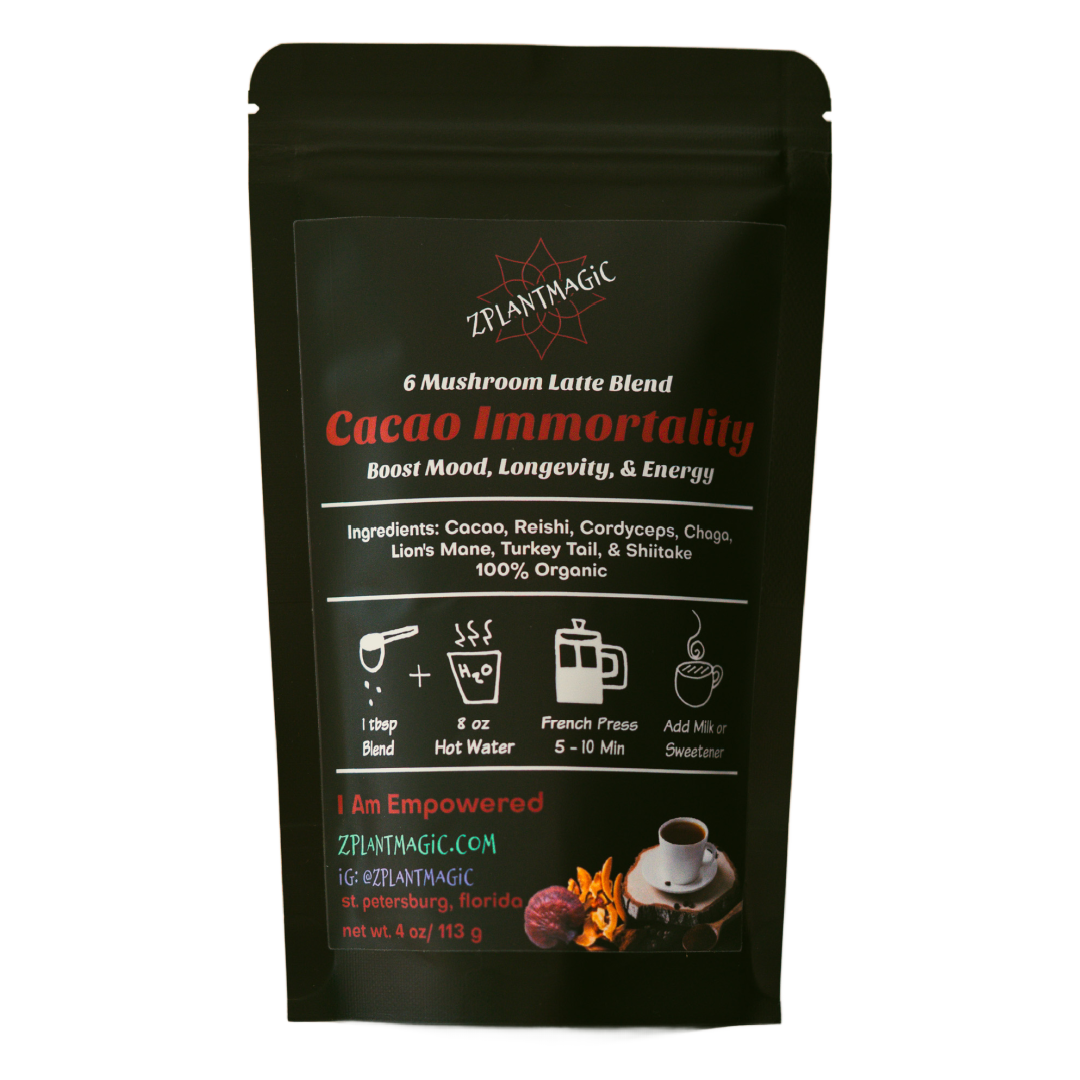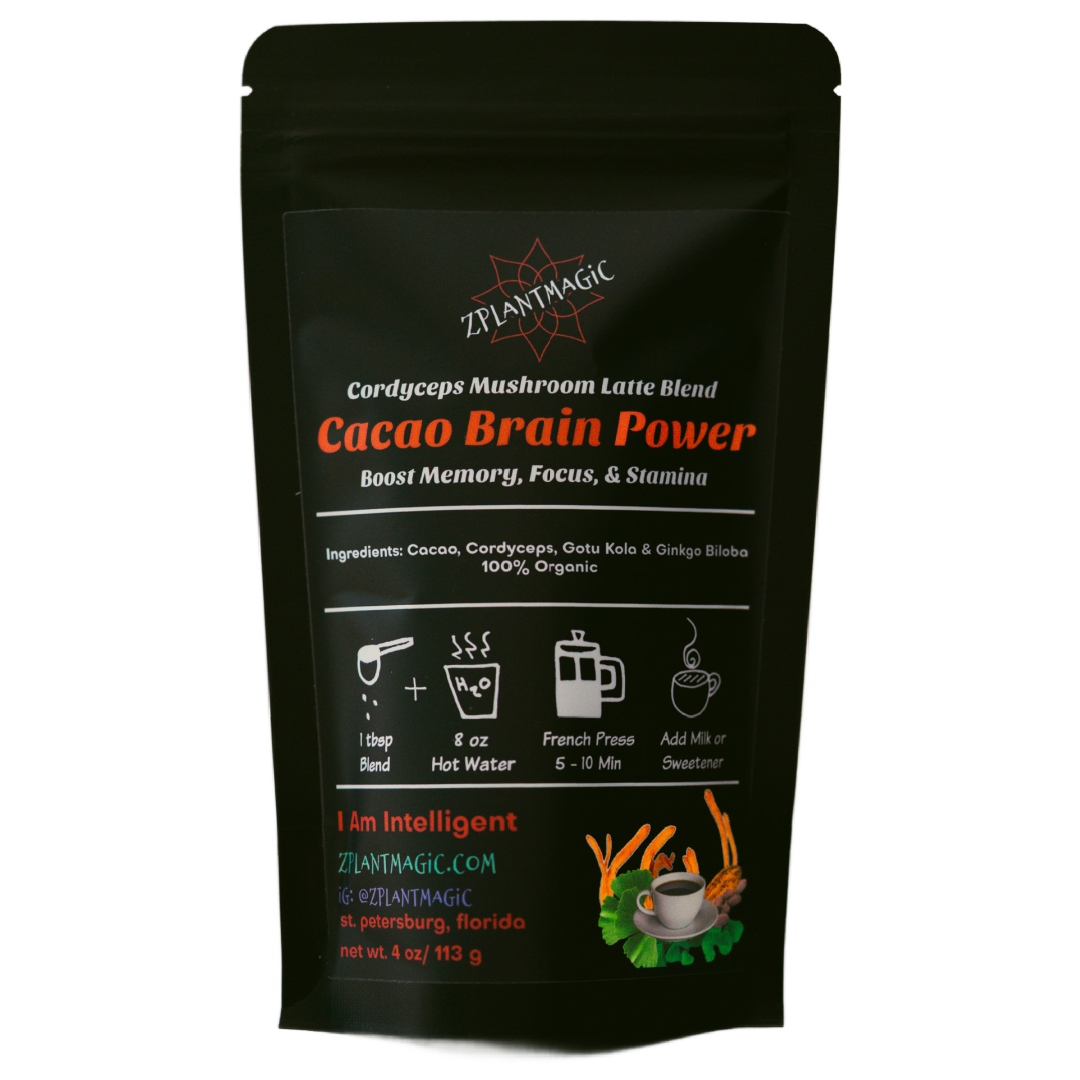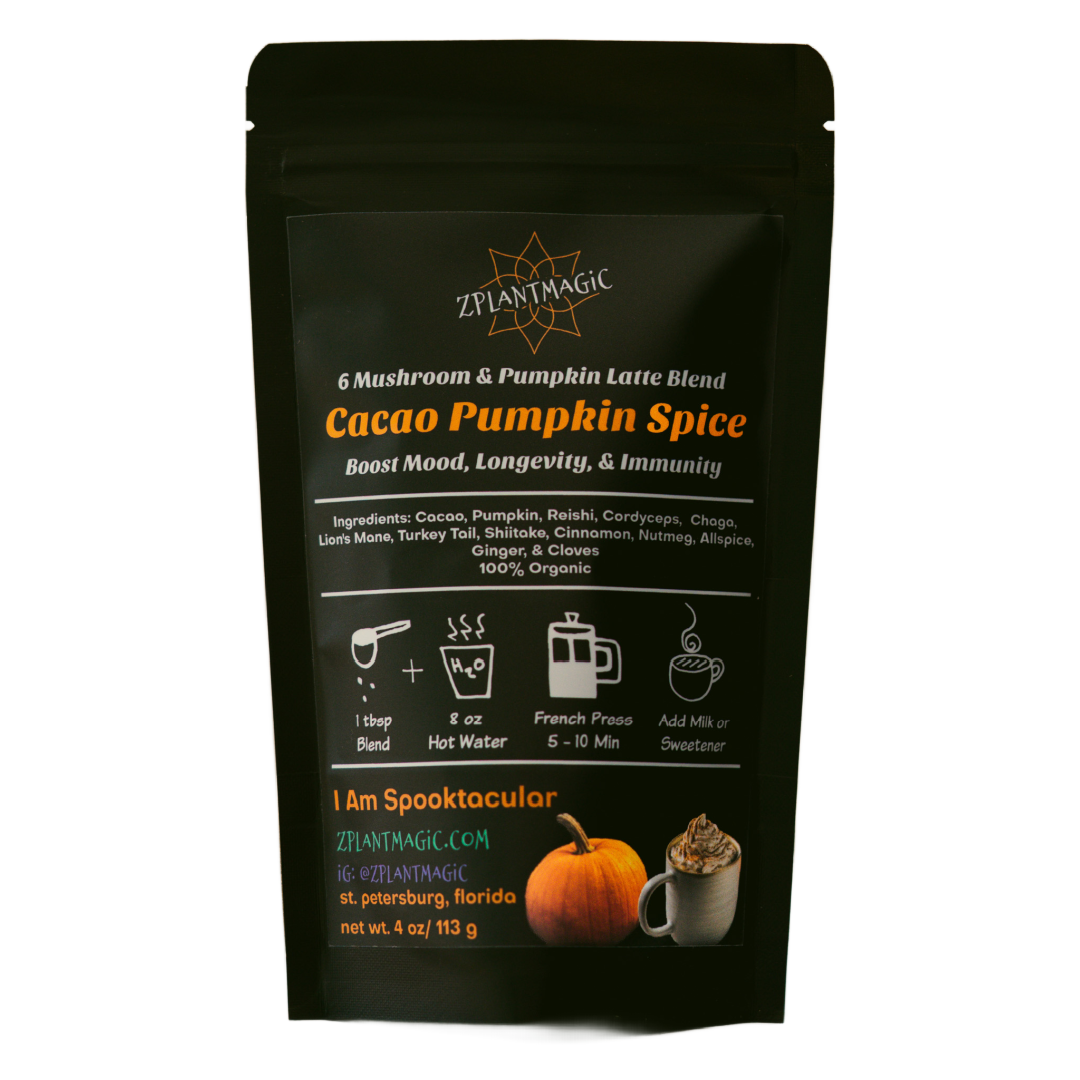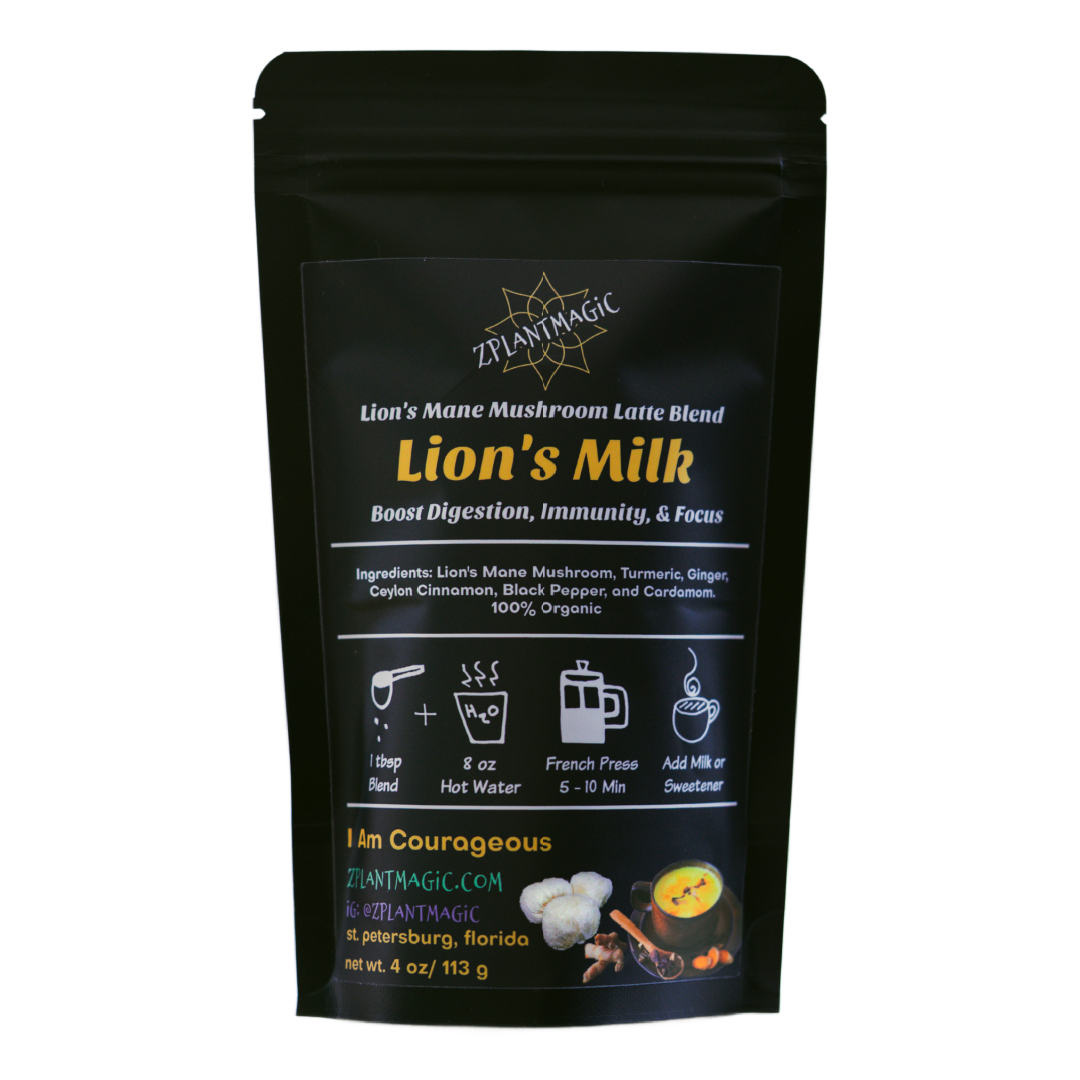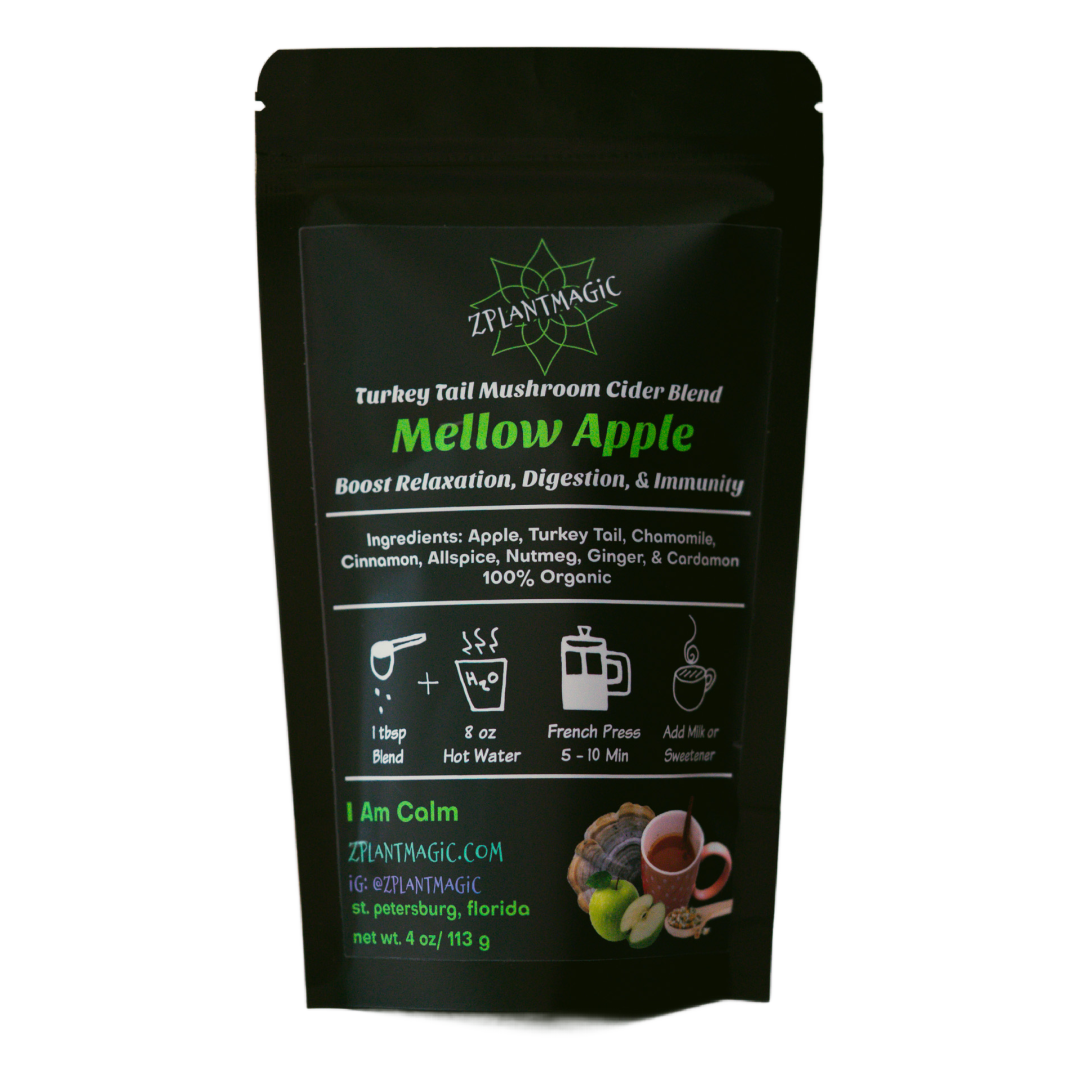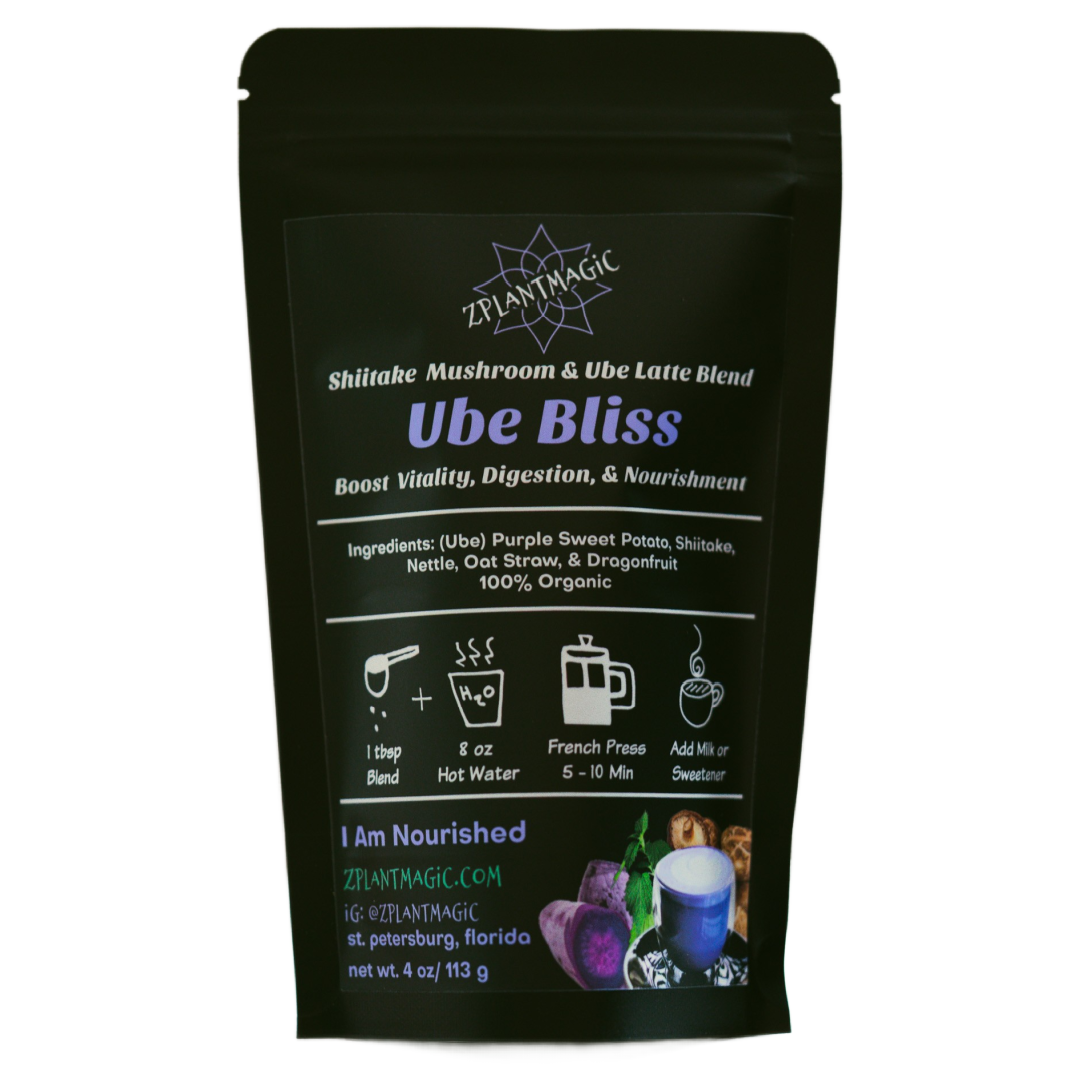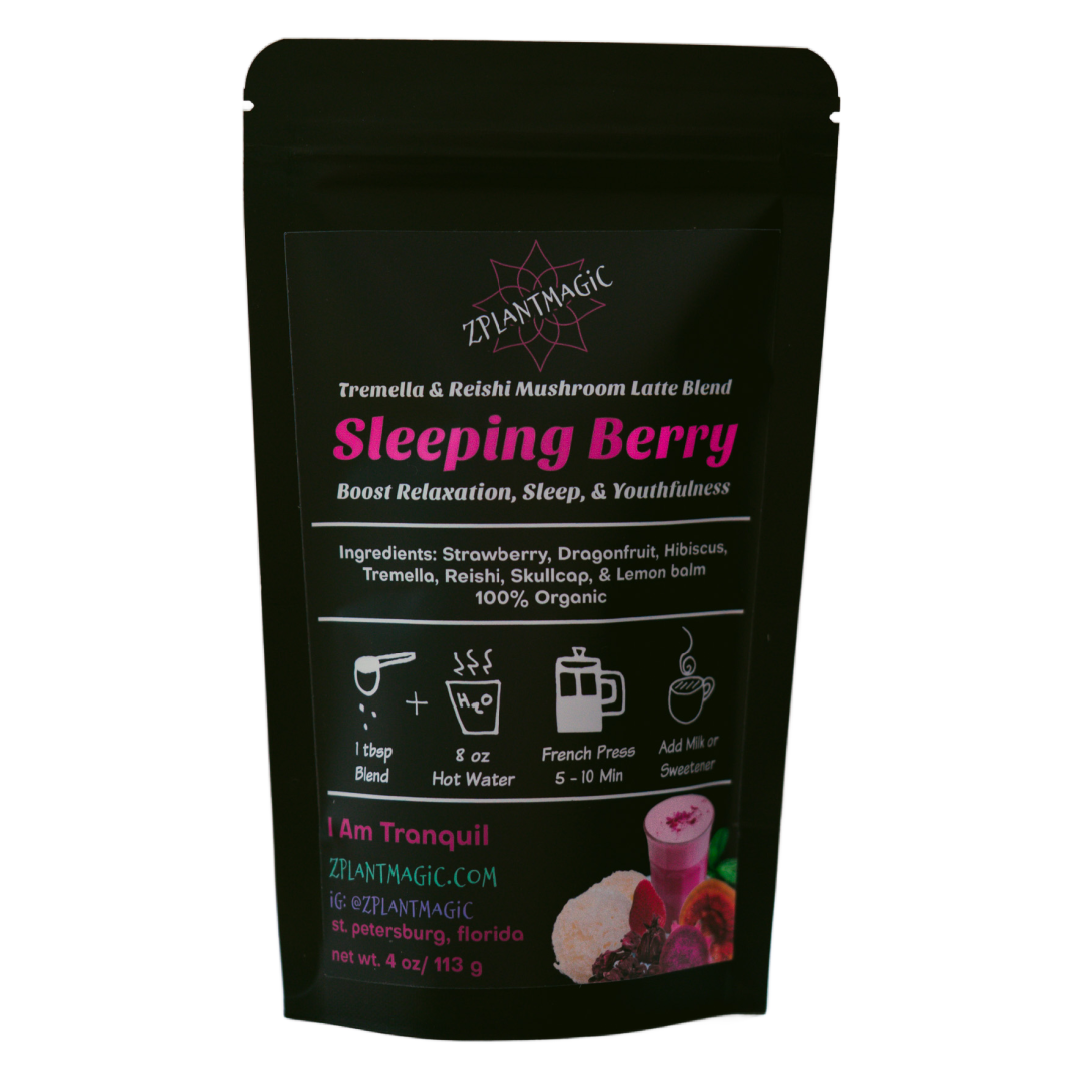

Consumers Beware
Who produces what we are choosing to consume?
In this fast paced, commerce based world, it is crucial that we educate ourselves.
It is about time we reconsider trusting our well-being in the hands of huge corporations. They care more about their bottom lines than the health of the community, and they’re continually rewarded for it. Consider how cutting small costs by using cheaper ingredients ends up netting millions for them at a large scale, and how much damage can be left unnoticed in its trillion dollar wake.
When many of our all-time favorite American processed foods are owned by large conglomerates, even including cigarette companies, it seems the best approach to these products would be with an understanding of the way they have been manufactured. Yes, I’m sure they are meeting the minimum standards, but like any mega-successful business, they have figured out how to work the system.
Ask yourself, is this the level of standard I would want to hold myself and my loved ones to?
Have you ever worked for any company that had to tidy up, and made sure the rules were being followed closely during inspection time? That is not the type of place I would count on as a source for the most important and intimate products that I would be putting in or on my body.
Highly addictive foods, engineered to elicit favorable responses in the human brain, have been keeping millions of people sick (with diabetes, cancer, cardiovascular disease, Alzheimer's, etc.) and eerily dependent on their favorite familiar brands. There have been documented efforts using tobacco industry inspired strategies to get children hooked on sugary colors at an early age. Even household names like corn syrup and bleached all-purpose flour are among the most responsible for hi-jacking our systems, keeping us absorbed in destructive relationships with our food, and trapping us in a cycle of craving, stimulation, and eventually disease.
It is our responsibility to remain aware of these dietary pitfalls and steer clear. Thankfully, there are many safe bets, such as choosing products with less ingredients, snacking on goodies in their natural state, and cooking at home. This approach can be challenging, takes more time, and may seem unfamiliar. However, the upside is that your body can put real food to good use, it is fun and creative, and it’s less expensive, especially in the long run.
Taking time to learn about and eat good foods is an investment in your health, your wallet, and your life.
There are also many honorable companies out there who are dedicated to creating a product they can be proud of, because it truly helps improve lives. These gems are worth seeking out, and thanks to the internet, they are readily discoverable and thriving, as the world starts to wake up and shake itself free of unconscious conditioning.
Do some good for yourself; stay educated, support small businesses committed to real health, and learn some helpful DIY techniques. I understand that you may not have the time to learn new skills and deconstruct all your old habits. I only urge you to consider using what time and resources you do have more wisely, and take into account the quality of life your family and you deserve.
Written by Dr. Jason Cooper
